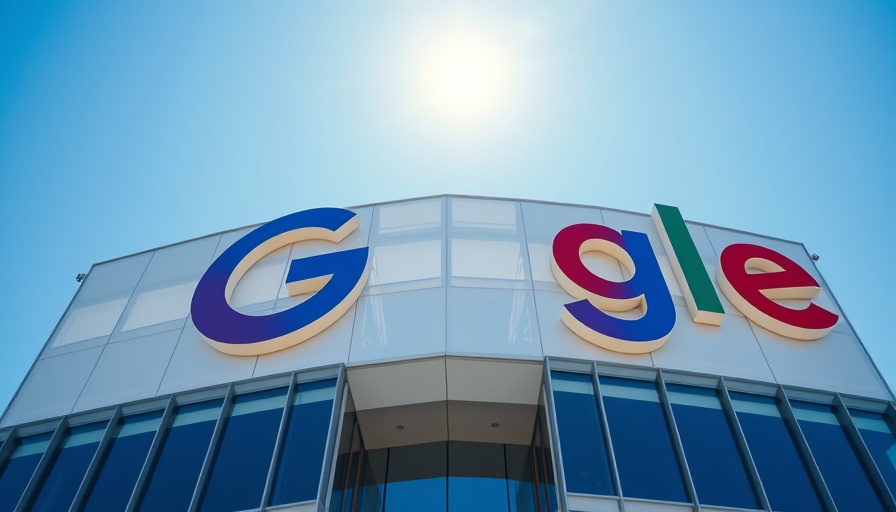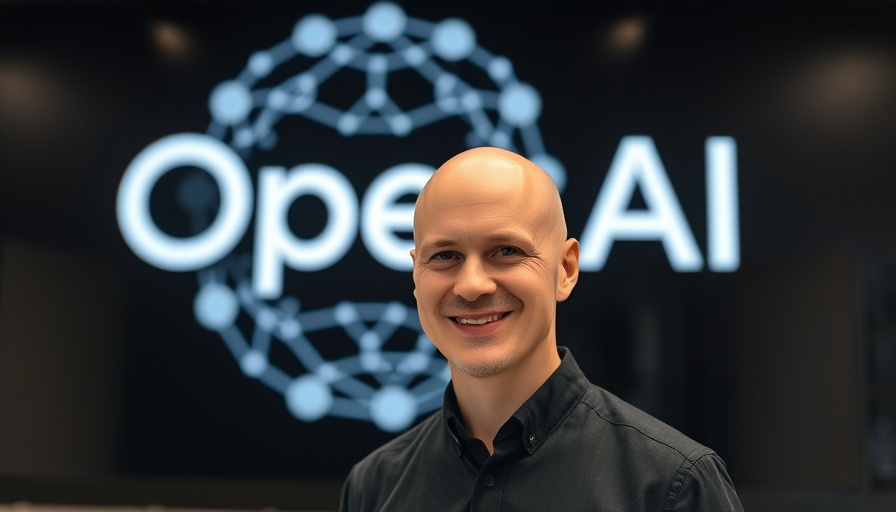
Google's Shift: What It Means for the AI Landscape
In a surprising turn of events, Google reportedly plans to sever its relationship with Scale AI, a company pivotal to its generative AI strategies. This decision seems to stem from Google's concern about Scale AI's recent investment from Meta, which included a staggering $14.3 billion for a 49% stake. With major competitors like Microsoft reportedly following suit by reconsidering their partnerships with Scale AI, the industry is abuzz with speculation about the implications of these moves.
The Growing Influence of Meta
Meta's investment represents a significant shift in the dynamics of AI development. With Scale AI's CEO, Alexandr Wang, now at the helm of Meta's superintelligence initiatives, it raises questions about data privacy and the competitive landscape. Generative AI companies, who rely on annotated data to improve machine learning algorithms, may find themselves reassessing their strategies if Google and Microsoft pull back from Scale. The ripple effect of this could be immense, impacting everything from self-driving technology to government contracts.
Current Trends: A Shift in AI Partnerships
As companies evaluate the value of their current AI partnerships, it appears that trust and confidentiality are paramount. Reports indicate that clients of Scale AI might be reconsidering their alliances. The larger concern revolves around data handling and the ethical implications of sharing sensitive information with a company that has recently aligned itself closely with Meta. This places Scale at a crossroads — needing to maintain its reputation while adapting to the evolving landscape.
Counterarguments: Scale AI’s Resilience
Despite Google's potential exit, voices within the tech community remind us that Scale AI retains a robust customer base beyond Google and Meta. Scale has established relationships with self-driving car companies and governmental agencies, indicating that it isn't solely dependent on partnerships with giants like Google. A spokesperson for Scale emphasized the company’s commitment to data protection and assured its continued operation as an independent entity, signaling resilience and adaptability.
Future Insights: What Comes Next?
The evolving relationship between tech giants and AI companies hints at a broader trend of consolidation versus diversification. What should we expect moving forward? As competitors like Microsoft reassess their commitments to Scale AI, this could open avenues for newer startups to innovate and fill the gaps left by larger firms. Furthermore, the increasing focus on data security may prompt stricter regulations within the AI space, which could impact how partnerships are formed and sustained.
Conclusion: The Call for Caution in AI Ventures
For the AI industry, Google's rumored cutback on Scale AI is more than just a business decision; it's a signal for caution. In a world where data is as valuable as gold, partnerships built on trust are essential. As we move forward, tech companies must carefully reconsider their affiliations, not just from a strategic standpoint but also from an ethical perspective. For readers, staying informed on these shifts is crucial in understanding how these developments will play out in the wider technology landscape.
As always, adaptability will be key for businesses in these uncertain times. Follow the latest news for insights that matter to you and your ventures in the ever-evolving AI industry.
 Add Row
Add Row  Add
Add 




Write A Comment